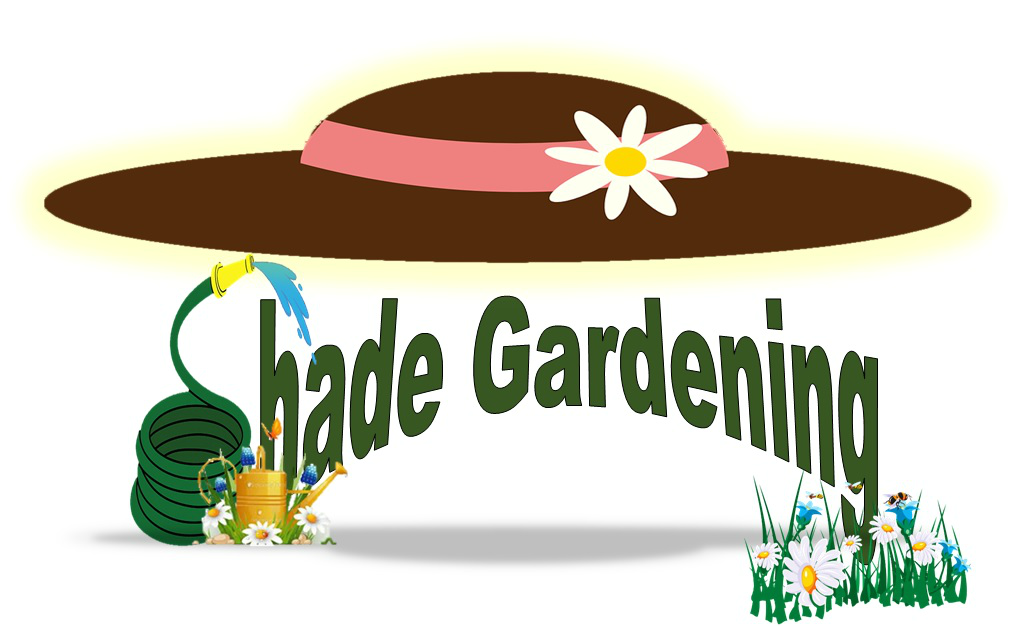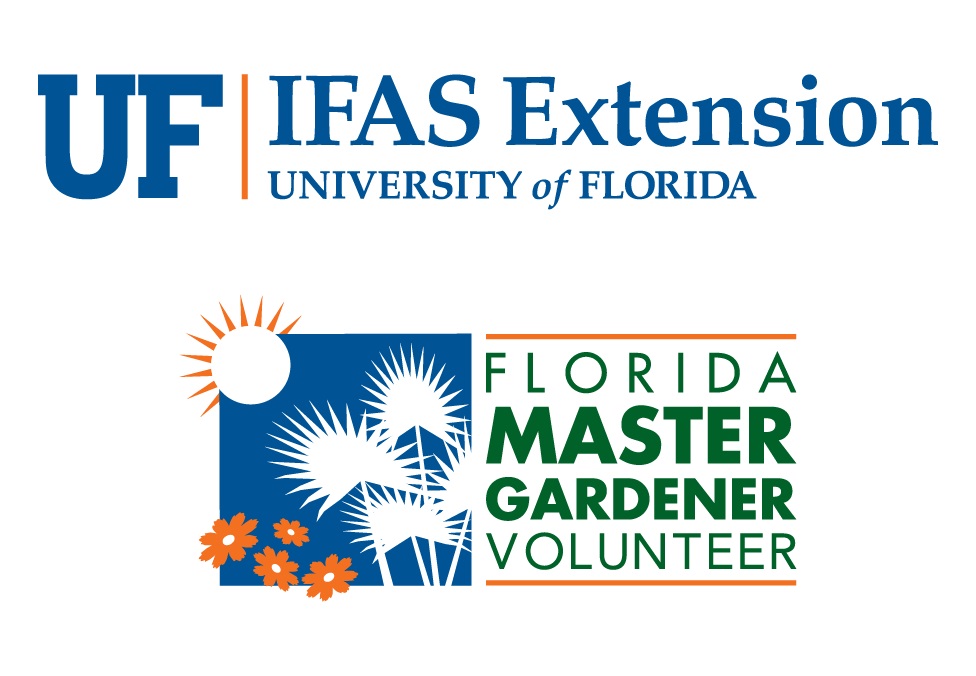Ask Master Gardener Volunteer JoAnn Green
Small Trees
If you already have large trees in your yard, you might want to think about adding some smaller (or understory) trees for a layered, woodland effect. Smaller trees are those that are less than 50 feet high when mature. Many of these trees or large shrubs range between 20 to 35 feet in height and width. Wildlife are attracted to these trees for their blooms or fruits, and also because these plants offer safe havens for nesting or perching. These are some of the same reasons why gardeners and homeowners love these understory trees.
Light Requirements
If you decide to add an understory tree to your yard, you will need to evaluate the type of shade provided by your larger trees. Many of the plants at the Wakulla Arbor Day celebration can tolerate full sun to partial shade. Partial shade means your plants receive at least 4-6 hours of sunlight per day. The Ashe Magnolia is one of the trees that prefers partial shade, though it will tolerate full sun if regularly irrigated.
Other cultural characteristics
Soil – Be aware of your soil characteristics when purchasing any plants. In most of Wakulla County, our soil is sandy which means it drains quickly and does not hold moisture. In parts of Leon County, the soil is clay or sometimes loamy. These types of soil hold moisture longer than sandy soils.
pH – Be aware of your soil’s pH. In Wakulla County, our pH ranges from 6.0 to almost 8.0 or from slightly acidic, to neutral to alkaline. Most trees for the Arbor Day celebration are well suited to our soil that leans towards the alkaline portion of the pH scale.
Salt tolerance – Living near the coast presents unique challenges for the homeowner who would like to establish some trees in the landscape. Two understory trees that have a moderate or high salt tolerance are the Dahoon Holly and Wild Olive or Devilwood. The Dahoon Holly will tolerate mildly acidic soils, so be sure to test the pH of your soil. Wild Olive does best in acidic soil, so may present problems if your soil pH is in the alkaline range (higher than 7.0)
Before you Dig – Call 811
Be safe and call 8-1-1 before you dig in your yard. This is to protect you and others from unintentionally hitting any underground utilities.
List of Understory Trees Available at Arbor Day, Saturday, January 18, 2020:
Arrowwood (https://www.arborday.org/trees/treeguide/TreeDetail.cfm?ItemID=931 )
Ashe Magnolia (https://nwdistrict.ifas.ufl.edu/hort/2016/04/20/ashe-magnolia-rare-beauty-of-the-florida-panhandle/ )
Dahoon Holly (https://edis.ifas.ufl.edu/pdffiles/ST/ST29900.pdf )
Flatwoods Plum (https://edis.ifas.ufl.edu/pdffiles/ST/ST52100.pdf )
Parsley Hawthorne (https://edis.ifas.ufl.edu/pdffiles/FR/FR31700.pdf )
Redbud (https://edis.ifas.ufl.edu/pdffiles/ST/ST14500.pdf )
Sweetbay Magnolia (https://edis.ifas.ufl.edu/pdffiles/ST/ST38400.pdf )
Wild Olive or Devilwood (https://edis.ifas.ufl.edu/pdffiles/ST/ST42400.pdf )
If you have any questions or suggestions for future articles please email to wakullamg@ifas.ufl.edu
| The Institute of Food and Agricultural Sciences (IFAS) is an Equal Opportunity Institution authorized to provide research, educational information, and other services only to individuals and institutions that function with non-discrimination with respect to race, creed, color, religion, age, disability, sex, sexual orientation, marital status, national origin, political opinions, or affiliations. U.S. Department of Agriculture, Cooperative Extension Service, University of Florida, IFAS, Florida A&M University Cooperative Extension Program, and Boards of County Commissioners Cooperating |
 0
0


